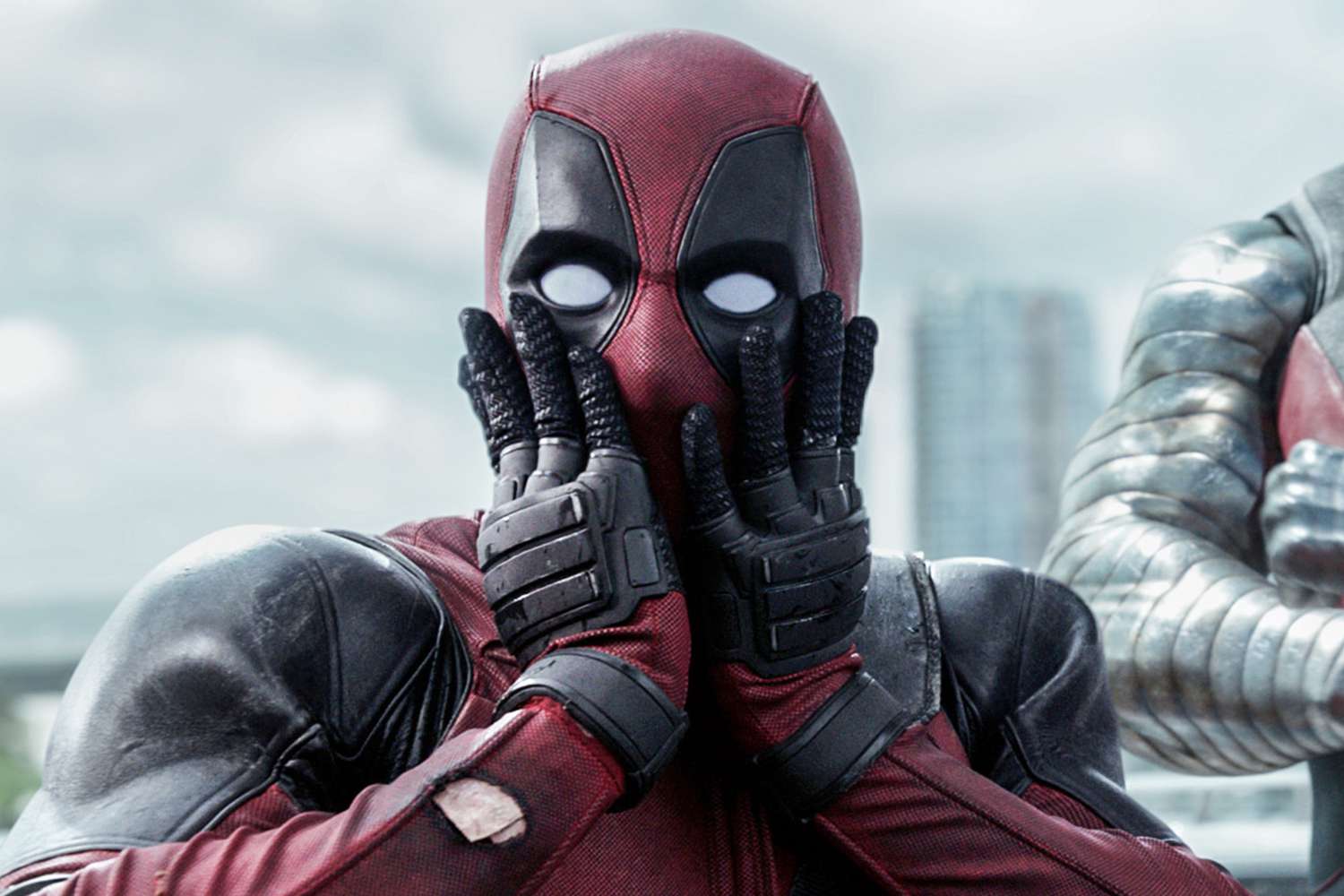Pop Culture and Irony in "Deadpool" the movie (2024): Analyzing "Bye Bye Bye"

The "Deadpool" movies are renowned for their clever use of intertextuality, blending pop culture with the storyline to both entertain and offer meta-commentary. One notable example is the use of the song "Bye Bye Bye" by *NSYNC*. This song, originally a breakup anthem from the early 2000s, is used in a context that juxtaposes its upbeat, boy-band image with the chaotic and violent world of the antihero Deadpool.
1. Intertextuality and Pop Culture References: The inclusion of "Bye Bye Bye" is not just a random choice but a deliberate intertextual nod that plays on the audience’s familiarity with the song. This strategy aligns with postmodern literature's characteristic of blending high and low culture, using references that audiences recognize to create layers of meaning.
2. Creating Irony and Humor: In literature, irony is often used to highlight contradictions, and *Deadpool* excels in this regard. The cheerful, poppy tune of "Bye Bye Bye" contrasts sharply with the film's violent, often darkly comedic scenes. This clash of tones not only amplifies the film's humor but also critiques the absurdity of the superhero genre and its tropes, something that English Literature often explores through satirical works.
3. Character Development Through Soundtrack Choices: Deadpool's character is one of irreverence and unpredictability, constantly breaking the fourth wall. His soundtrack choices, including "Bye Bye Bye," reflect his non-conformist nature. In literature, characters are often developed not just through dialogue and action but through the world around them, including music, which in this case, adds a layer of irony and depth to his persona.
4. Cultural Critique: The song's use can also be seen as a commentary on nostalgia and cultural recycling. In English Literature, the analysis of cultural products often includes understanding how texts (including films and songs) engage with past media. "Bye Bye Bye" serves as a bridge between the early 2000s pop culture and the present, highlighting how modern media continuously recycles and repurposes past icons to create new meanings.
This type of analysis not only enriches the viewing experience of films like "Deadpool" but also illustrates the importance of understanding cultural references, intertextuality, and irony, all of which are significant concepts in English Literature studies. This perspective can encourage students to appreciate how literature's critical tools can be applied beyond traditional texts to contemporary media, enriching their analytical skills and understanding of modern storytelling techniques.
image source: Entertainment Weekly